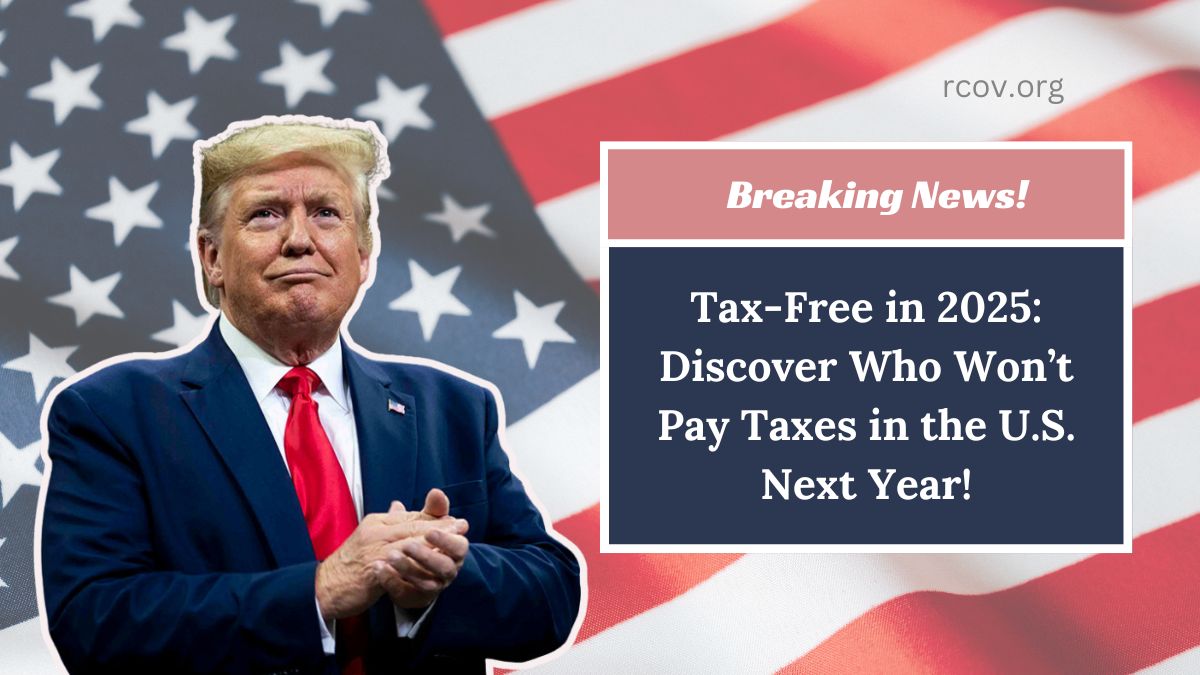In 2025, significant changes to the U.S. tax code will exempt certain groups from federal income taxes, aiming to alleviate financial burdens and promote economic equity. Understanding these exemptions is crucial for effective financial planning.
Senior Citizens with Limited Income
Retirees whose income falls below specific thresholds may be exempt from federal income taxes. Social Security benefits are generally not taxable if they are the sole source of income or if combined income remains under certain limits. This provision assists seniors in managing their finances during retirement.
Veterans Receiving Disability Benefits
Veterans receiving disability compensation from the Department of Veterans Affairs are typically exempt from federal income taxes on these payments, as they are not considered taxable income. This exemption acknowledges their service and sacrifices.
Low-Income Households
Individuals and families with incomes below the federal poverty line may qualify for exemptions through credits like the Earned Income Tax Credit (EITC). The EITC is designed to reduce tax liability and, in many cases, result in refunds, thereby supporting low-income earners.
Students with Qualified Scholarships
Scholarships and grants used exclusively for tuition and qualified educational expenses are generally tax-free. However, funds applied to non-qualified expenses, such as room and board, may be taxable. Students should ensure compliance with IRS regulations to maintain these benefits.
| Group | Income Threshold | Tax Credit | Exemption Type | Additional Notes |
|---|---|---|---|---|
| Senior Citizens with Limited Income | Varies | N/A | Social Security Benefits | Benefits non-taxable below certain income |
| Veterans with Disability Benefits | N/A | N/A | Disability Compensation | Payments are tax-exempt |
| Low-Income Households | Below federal poverty line | Earned Income Tax Credit | Income Exemption | EITC can reduce tax liability and provide refunds |
| Students with Qualified Scholarships | N/A | N/A | Scholarship Funds | Must be used for qualified educational expenses |
These exemptions reflect the government’s efforts to provide tax relief to vulnerable populations, promoting financial stability and economic fairness. Staying informed about tax law changes is essential for maximizing benefits and ensuring compliance.
Who qualifies as a senior citizen for tax exemptions?
Individuals aged 65 or older at the end of the tax year are considered senior citizens for tax purposes. Eligibility for exemptions depends on income levels and sources.
Are all veterans exempt from taxes?
No, only veterans receiving disability compensation from the VA are exempt from federal income taxes on those specific payments. Other income may still be taxable.
How can low-income households apply for the EITC?
Eligible taxpayers can claim the EITC by filing a federal tax return and completing the appropriate sections for the credit. Even those not required to file should do so to receive the credit.







